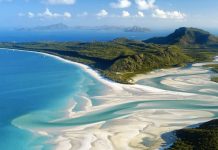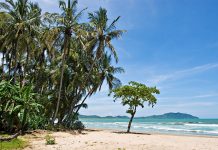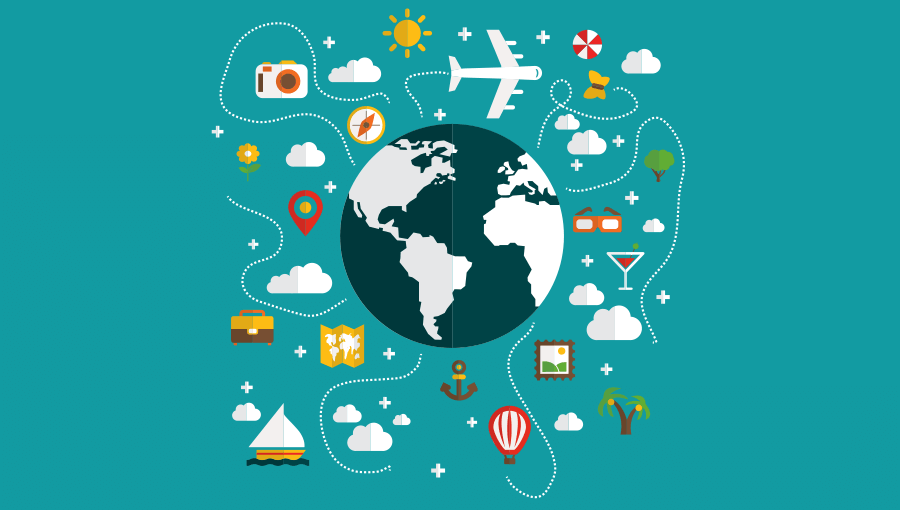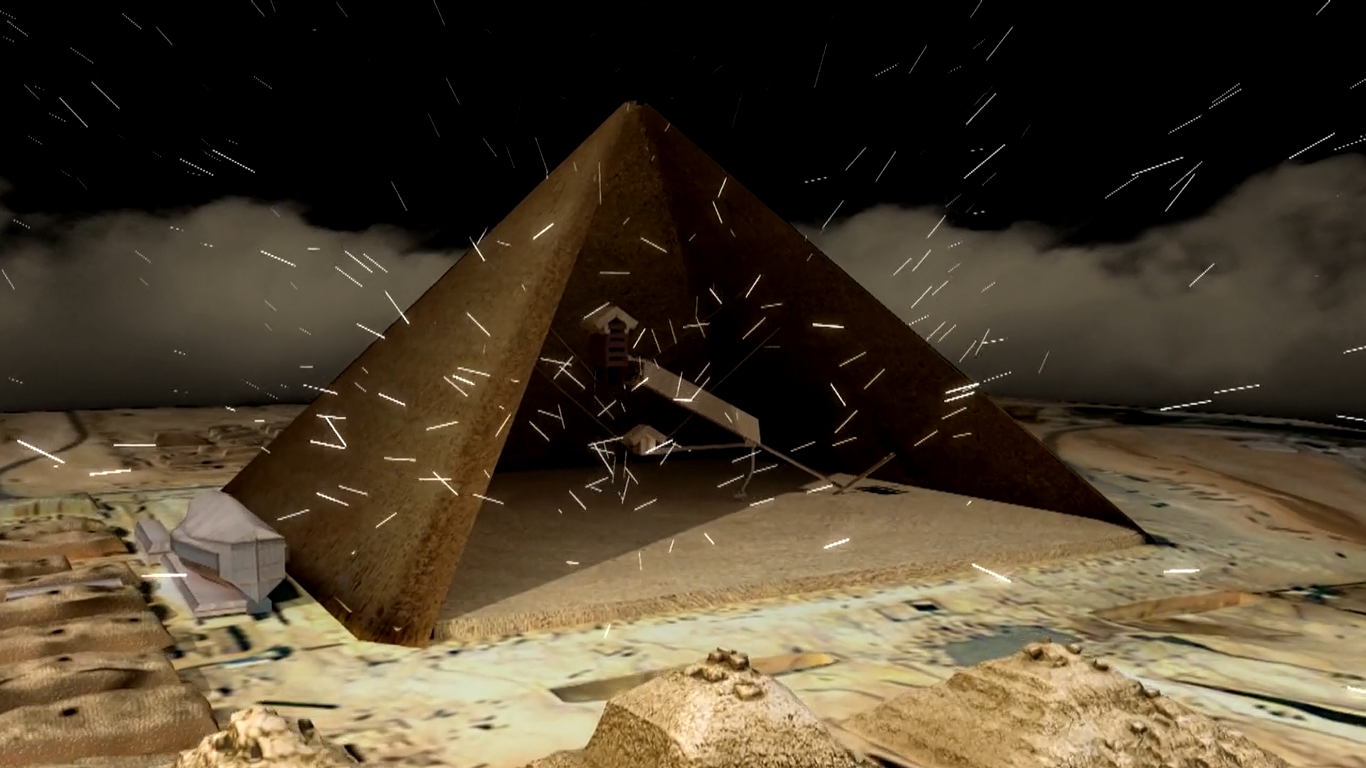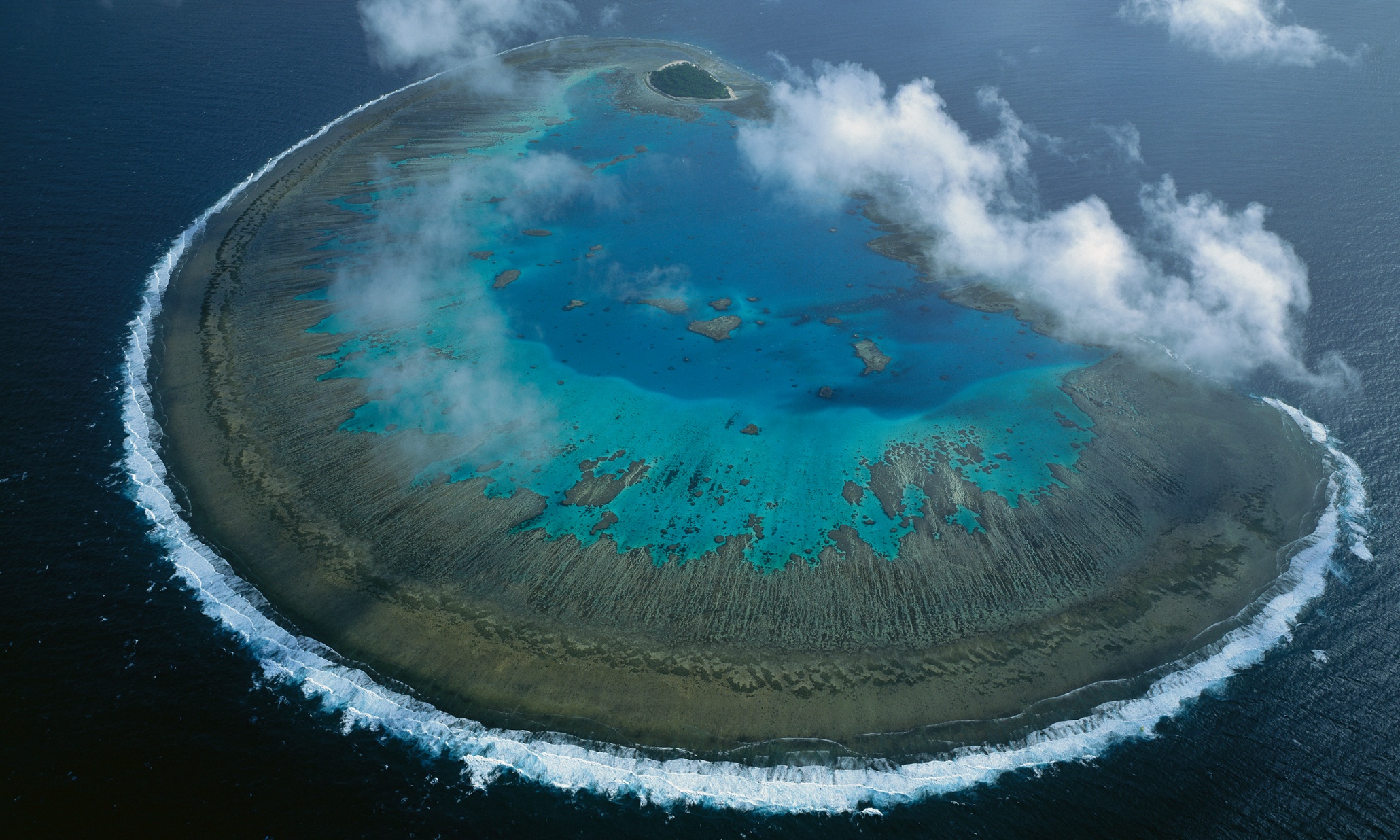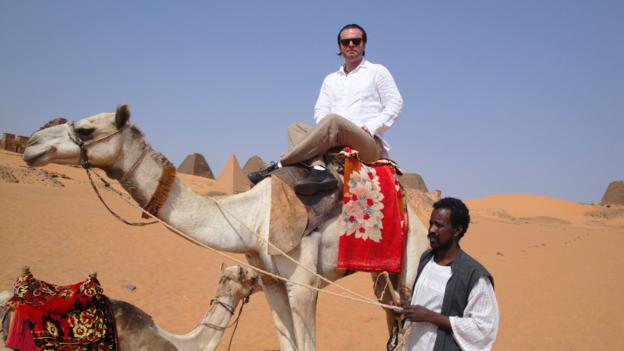
Kolja Spori packs light. For a short trip, it’s nothing more than a travel jacket, the pockets stuffed with underwear and a toothbrush. For longer trips, he carries an attaché case. The 46-year-old German likes to wear stylish blazers – always with an ascot or a silk handkerchief – because he says looking like he walked off the set of a 1920’s film set helps him meet interesting people on the road.
He frequents conflict zones, lonely ice roads in Siberia and unrecognized breakaway republics, places that he says, “don’t exist”. His passion is bringing together like-minded travellers at his “Extreme Travel Congresses” in places like Chechnya and Somalia. For him, life is “just perfect” when he’s in an obscure place.
A sceptic by nature, Spori insists that Western governments and the corporate media want the public to believe that the world is a scary place. When we spoke to him at his home in Monaco, he maintained that only those who travel to supposedly off-limits places get beyond what he calls “the official story”.
Q: Where does your sense of adventure come from?
I was raised in Germany. My life became interesting at age 11 when my father, who was in the Foreign Service, was posted to Istanbul for six years. It opened my eyes to the world because Istanbul is one of the world’s most cosmopolitan cities. I visited the Syrian-Iraqi border at age 12 and became attracted to history and travel.
Q: You call yourself a gentleman adventurer. Does that mean you travel in style?
I try to look professional all the time. If you look like a successful businessperson, it opens a lot of doors and you can meet interesting people. For example, I met Ellen Johnson-Sirleaf, the Nobel-prize-winning President of Liberia at her inauguration party only because I had the style and the chutzpah to walk past the heavy security into her VIP-enclosure.
I go into the deep end, and sometimes it is difficult. I visit places like the Ilemi Triangle in East Africa, which is claimed by both South Sudan and Kenya; the Ice Roads in Siberia; remote border crossings like from Igdir Province in eastern Turkey to the Nakhchivan Autonomous Republic in Azerbaijan. But I’m also interested in finding ways, either by invitation or chance meetings, to gain in-depth exposure to the political or economic power structure in a nation’s capital.
Q: You like to be fashionable but also travel light. How does that work?
On a weekend trip, I use no luggage at all. I store my additional socks and shirt in my special travel coat, which has compartments. It’s very elegant but it has several inside pockets that are big enough to put my toiletries. I minimize to the max. Merino wool is anti-bacterial, so you can wear those shirts again and again.
Having a blazer with a nice handkerchief is important – that makes every man look the part. It adds not only an element of social status but also security. If you look like a businessman, you have more of a sense of belonging to a place than if you look like a tourist.
Q: How do you pack for a longer trip?
One thing I will never carry is a wallet. Wallets are unsophisticated. I keep my money and keys in my pockets unorganized. Using a wallet is overestimating the value of money. Why does money deserve a special place to be stored? It’s a fetish.
For a longer trip, I have a very small attaché case that is smaller than a typical carry-on. It fits under the seat in front of me on an aeroplane.
Q: How do you plan your trips?
I never have a fixed itinerary other than my flights. I’m uncomfortable staying longer than one night in any place. The speed, the movement is a big part of the experience. Also, I don’t think it is important to visit museums or [Unesco] World Heritage Sites. You can discover the reality of a place by travelling, but not by going to the prescribed guidebook places where you’ll hear the official story. Someone once said, “Only fools go to a museum, wise men meet in taverns”, and I agree with that.
I love places like Transnistria; Abkhazia; South Ossetia; Somaliland. Part of the allure is that they don’t officially exist, they are not recognized. People don’t know them. When you’re there, there’s something in the air that makes them special. It makes my antenna vibrate. You are in a transitional period of history. The history books haven’t reached it yet but you can already feel it.
Q: What’s the appeal of traveling to dangerous places?
Governments want to create a sense of fear in their populations to keep their strength. The security systems depend on people being afraid of terror, criminality and so on. But in reality, danger doesn’t exist.
Q: You’re saying there is nowhere off limits?
Every country is open to us as travellers – even Syria, Afghanistan, Yemen, Ukraine — but you have to make the right moves. I was in Donetsk [Ukraine] last year. I heard shelling all day long, but that doesn’t mean you’re in danger. In fact, I was fascinated to see how ordinary public life continued despite the mortar shelling.
But you can be in trouble going to a railway station in Germany after dark, especially if you are a woman. You have to learn to navigate dangers.
If you listen to the media, you would assume these places are like a living hell, but that is usually not true.
Q: You’ve said that when a conflict breaks out, you rush to pack your bags to see the reality on the ground. But what is the point of visiting conflict zones?
I’m travelling to these places to see the real story. In many cases, the official narrative is wrong and you can only discover this if you go. I was in Benghazi during the uprising; I was in Donetsk last June. I was in Mazar-e-Sharif, Afghanistan, in 2010. Usually the most striking impression is life seems pretty normal if you avoid the front lines. If you listen to the media, you would assume these places are like a living hell, but that is usually not true.
Q: How do you explain what you do to border officials who are suspicious of your passport stamps from dodgy places?
I explain to them that I’m a country collector and my particular passion is danger and war zones. Usually their ears get bigger and you can see they are really interested. They can tell I’m not a dodgy character. But I do try to avoid travelling to the United States because they are more suspicious of people like me.
Q: Tell us about a few places readers would be surprised to learn are delightful places to visit?
Grozny (Chechnya), Tajikistan, Sudan and Iran come to mind. The official narrative is against these places – they are portrayed as dangerous, part of the Axis of Evil, whatever, but they are not like this at all. Grozny has changed so much; until 2009 it was still a warzone. Now it’s like a fairy tale, Dubai-style place that is very safe, even luxurious, and very interesting.
Tajikistan is still a bit rough, but immensely beautiful and not as downtrodden as I would have thought. I drove over the Pamir Highway and stayed in a beautiful Hyatt Regency in Dushanbe.
Iran is a propaganda enemy of the West, but there is no reason to avoid this country. It is safe and beautiful, very friendly.
Sudan is portrayed as difficult and dangerous, but Khartoum is very well developed. And there is the fantastically interesting Pyramids of Meroe.
Q: These are all Muslim countries. Is that significant?
There is a much higher level of hospitality in Muslim countries, especially compared to Christian countries. The real criminality, the danger of being attacked on the street is higher in Catholic countries: South America, Latin America and The Philippines. And in Africa, when you move from the Muslim north to the Christian centre, you can tell how the attitude toward strangers becomes more hostile and the risk of being taken advantage of is increased. The official narrative about a place is often wrong.
Q: Do you believe that travel can be life changing?
I don’t know if I believe in this concept, but trips can make you view the world in a different way. For example, I did a charity trip to the Somali refugee camps of Dadaab near the Kenya-Somali border about five years ago after a big drought. The media was full of images of dying children and pleas for the world to help. So I went to help – we delivered some $30,000 worth of food, medicine and medical equipment. But this whole business of charity – I call it crisis pornography – is overdone. The UN was there. It was all well organized. There were bigger problems elsewhere, in the Kenyan villages, places that get no money. Television crews were searching the hospitals to find crying children. The truth is you can film terrifying videos of children suffering in hospitals in Switzerland if you want to. And you can attract plenty of donations.
Q: So how are people supposed to help the needy around the world?
If people want to help, they should try to travel to the places where they think people need help. And then spend money, pay people for good work they do rather than throw around donations.
I travel overland and I buy fruit and food from markets, I buy SIM cards from boys who sell them on the streets. I spend money in their system. Even at the hotels, which might be owned by big guys, the waiter gets a good tip from me if he does a good job. Honest work deserves honest money. The whole of Africa is on a drip transfusion of charity money and it makes everyone sick.
Q: Which of your trips are you most proud of?
First, I would say our ice road trip in Siberia. I was travelling with two of my closest friends – Michael von Hassel, a well-known German photographer, and Harald Buben, a luxury goods manufacturer from Austria, plus friends from Finland, the UK, Indonesia and Russia in an old rental car. We made it to the end of the world’s northernmost road. Before our trip, no one knew this was the world’s northernmost road. Everyone else thought it was the North Cape at the northern tip of Norway. No one could remember any foreigners ever driving where we went, so that was very fulfilling. It was -45C.
In 2013, Buben and I also drove on another Siberian ice road, The Road of Bones, in winter, in a throwaway car. We went from Central Europe all the way to Magadan, more than 20,000km. We reached -62C at the Pole of Cold; which is the coldest inhabited places on Earth, near Oymyakon. It wasn’t easy and sometimes I was a little scared. You have to pump petrol by hand because no machines work in that kind of cold. And you have petrol stations only once every 500km. It was surreal, like going through a time warp in a tunnel, east, east, east. It was extremely intense.
Q: What are some of your travel goals?
I’m still trying to get into Gaza with Don Parrish [one of last year’s Travel Pioneers]. I’m going to Luhansk, this little entity in the middle of the tug of war between Russia and Ukraine. I’m also dreaming of visiting the South Pole and a small expedition to Antarctica. I’m lacking just six countries to complete the UN list of 193 countries, but I’m in no hurry to finish that.
Q: Why do you host these annual Extreme Travel Congresses?
I like to meet interesting people and connect them. That’s what travel is about. Travel is an ethical undertaking, that’s why the acronym we use for the congresses is ETIC. You learn about the differences, but you see how much you have in common with other cultures. So there is a healing effect on societies. It’s ethical, that is our play on words. Charities have good intentions but they spend other people’s money inefficiently. Travellers buy things and keep the economy running. This is good.
Q: What happens at these travel congresses?
The point is primarily to get together with old travel buddies, and to meet new like-minded extreme travellers. It’s not about trumping other travellers; it’s about people who share a way of life coming together. Usually there is one seated dinner with a local dignitary, and a day trip in the region of the host city. We lead plenty of informal discussions about exotic destinations, club rules, how to define extreme destinations and so on.
I want to be remembered as a man of courage who saw things how they are and not as they were said to be
Q: Why are you having next year’s convention in Puntland, Somalia?
There are so few foreigners in a place like Puntland, there is no real terror business there, there is no market for attacking foreigners there. There is a market for piracy but the pirates are at sea. I think the risk is calculable. Puntland is exotic. It’s an extreme place and we have to live or die up to our expectations, don’t we?
Q: How do you want to be remembered?
I have a natural aversion to writing my own epitaph, but I want to be remembered as a man of courage who saw things how they are and not as they were said to be, and wasn’t afraid to be outspoken. I want to be known as someone who went to original places and met gifted and well-informed people. I’m someone whose forte is history, but I don’t learn it at museums and from books. I dig very deep. I try to find the hidden history of places.

